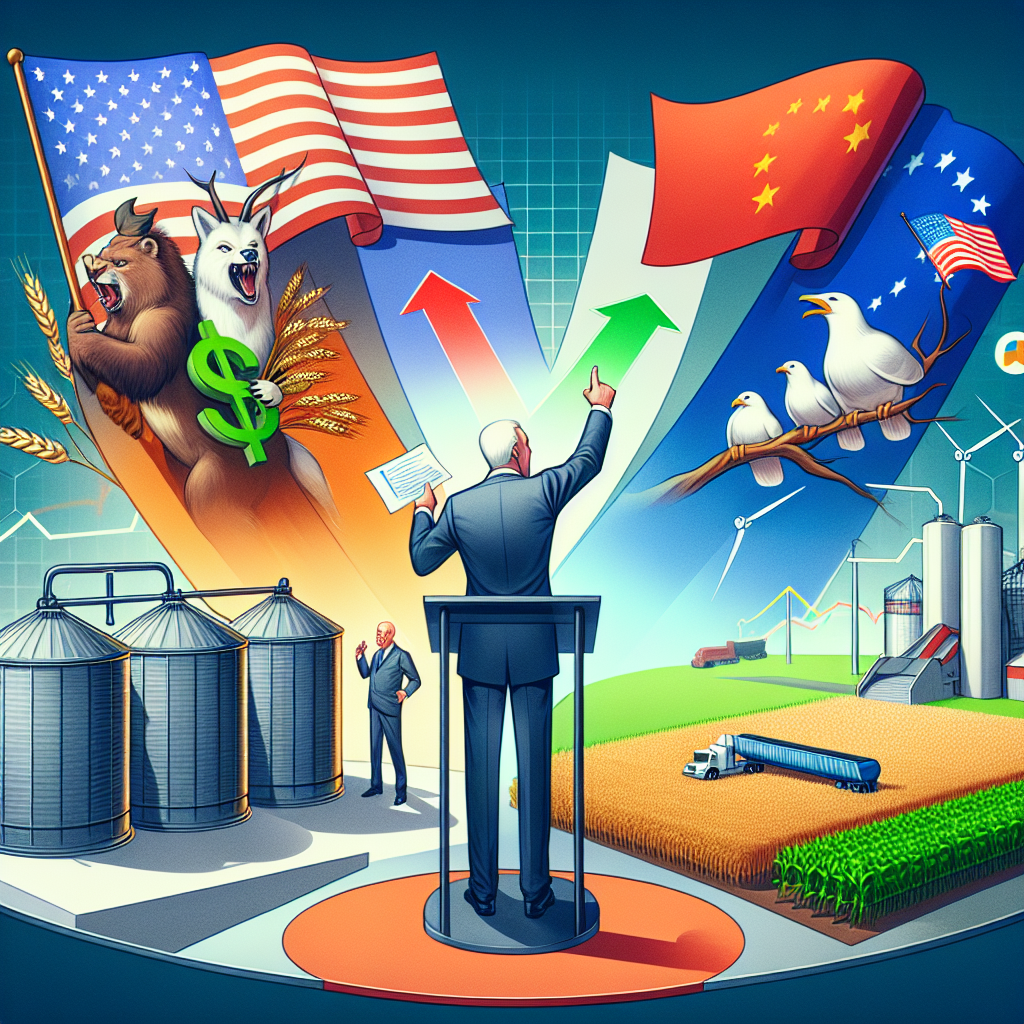In a high-stakes confrontation that underscores the broader debates over internet freedom and regulatory controls, Elon Musk has emerged as a vocal opponent to proposed internet regulations by the Indian government, led by Prime Minister Narendra Modi. The proposed regulations would grant the government sweeping powers to control online content, a move that authorities argue is necessary to curb disinformation, hate speech, and anti-national activities. However, critics, including tech entrepreneur Elon Musk, argue that these measures would stifle free expression and hinder economic growth.
The clash, detailed in an article published on August 6, 2025, by Startup News FYI, under the title “Musk vs. Modi: Inside the Battle Over India’s Internet Censorship,” highlights a pivotal moment for digital policy not just in India, but potentially around the globe as nations grapple with similar issues. India’s digital market is critical for tech companies due to its vast user base and rapidly growing internet penetration. Musk’s interest in this debate is tied to both his business initiatives in India, including plans to expand Tesla and SpaceX operations, as well as his broader advocacy for minimal regulatory interference in technology and business.
The Modi administration’s regulatory push is driven by concerns about the societal impacts of unchecked digital platforms, including potential political destabilizations. The draft regulation would allow the government far-reaching possibilities to block online content and access user data from tech companies. While the government defends its stance as a necessary measure for national security and public order, the opposition, including Musk, views it as an overreach infringing on democratic freedoms.
Musk’s critique went public through a series of posts on Twitter where he emphasized the importance of protecting internet freedom in India to encourage creativity and economic dynamism. He suggested that excessive censorship could hinder India’s position as a tech innovator and attractive investment destination, sentiments that have resonated with various stakeholders in the global tech ecosystem who favor a more open internet environment.
The confrontation has prompted discussions in economic and tech circles about the balance between state control and individual freedoms in the digital age. Experts argue that while regulation is necessary to prevent harmful online behavior and misinformation, it requires a careful balance to avoid suppressing free speech and harming the economic potential of the tech industry.
Stakeholders from various sectors are watching closely as the situation develops. International businesses and human rights organizations have expressed concern about the implications of India’s regulatory moves, seeing it as a possible precedent for other governments with similar inclinations towards internet regulation. The debate touches on critical points such as the role of global tech companies in national politics, the limits of government surveillance, and the rights of citizens in the digital space.
As countries around the world increasingly recognize the internet as a dominant force in political, social, and economic realms, the resolution of this conflict between Musk and Modi may hold lessons and ramifications far beyond India’s borders. How this issue is resolved could provide a blueprint for how democracies reconcile the transformative nature of the internet with the ever-present concerns over security and order.



